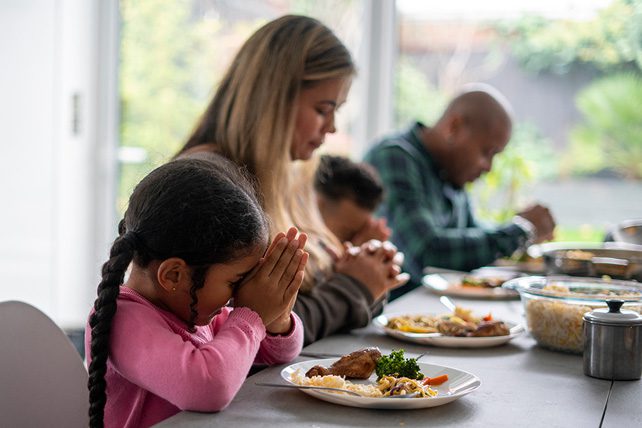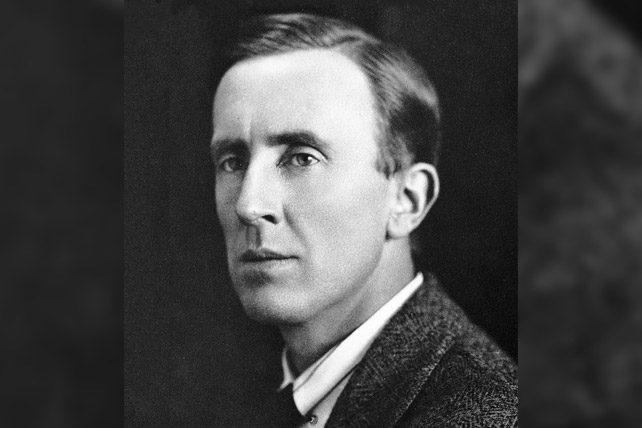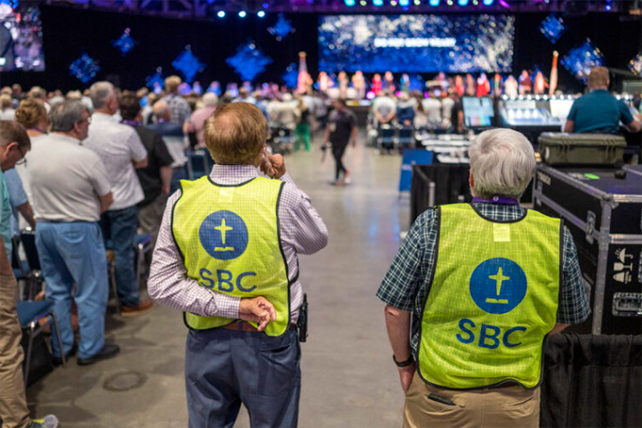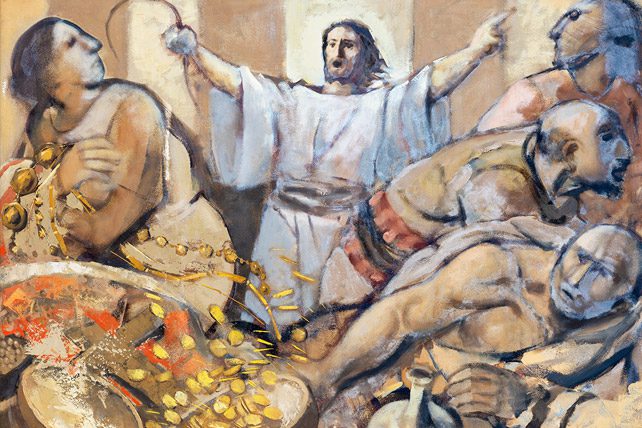What do you think about church mergers?
It was less than 20 years ago that mergers were relatively uncommon, and today, they are gaining momentum with productive outcomes.
Mergers are not the right thing for all churches to do, but the idea is worthy of consideration.
It’s true that mergers require a great deal of diligent homework, honest conversations, and careful planning, but they work.
What is bringing new success to church mergers?
- A growing awareness of the opportunity
- The reality of rising costs of new buildings
- A growing attitude of open-mindedness to new things
- A pattern of more successful mergers
These positive aspects of the church merger movement are overcoming the potential challenges of mergers.
We (12Stone Church) have recently launched our first merger in Athens, GA, and the first service is on March 3. We’re also in process with our second merger. We are highly enthusiastic while we continue to pray and seek God’s favor and direction for further mergers.
Our vision is to further the reach of the gospel in communities where it is currently limited, by wise use of Kingdom resources.
The essence of the value in a church merger is that two churches become stronger and better together than when they were on their own.
6 Reasons Why Church Mergers Are a Good Idea
1. Church Mergers Extend and Advance the Kingdom of God
The driving passion and primary reason church mergers are a good idea is because they extend and advance God’s Kingdom and his purposes. Simply put, more people hear and are personally touched by the gospel.
For the longest time, church planting was the primary way to multiply the reach of the church and it remains critical to the future of the Church. The multi-site campus model arrived more than 20 years ago and was added to the mix of ways to reach more people for Jesus. Now church mergers are in full swing as a method to further God’s redemptive work.
Church mergers may or may not be a long-term movement of God, but without question, He is using it now to further his purposes.
2. Church Mergers Are a Wise Approach to Stewardship
The rising costs of lease build-outs, expansions and new buildings is making it prohibitive for many congregations to build. When the increased costs of land and elevated levels of red tape to gain the needed zoning are added to the mix, church mergers quickly become a wise choice of financial stewardship.
Church mergers allow a congregation with a building but few people and limited resources to join with a congregation in need of a building who has leadership, growth and resources. It’s a beautiful partnership.
Church mergers make a way for two churches to come together and reach further, faster. They serve as a way to multiply Kingdom resources.
3. Church Mergers Communicate Christian Unity to the Community
In a macro sense, evangelical churches are not always viewed as aligned in the same overall mission.
In fact, while individual uniqueness is understood, they may actually be more unified than not in the big picture, but the differences are magnified over the unifying factors. This not-so-subtle message that churches do their own thing and even compete doesn’t help the message of the gospel.




























